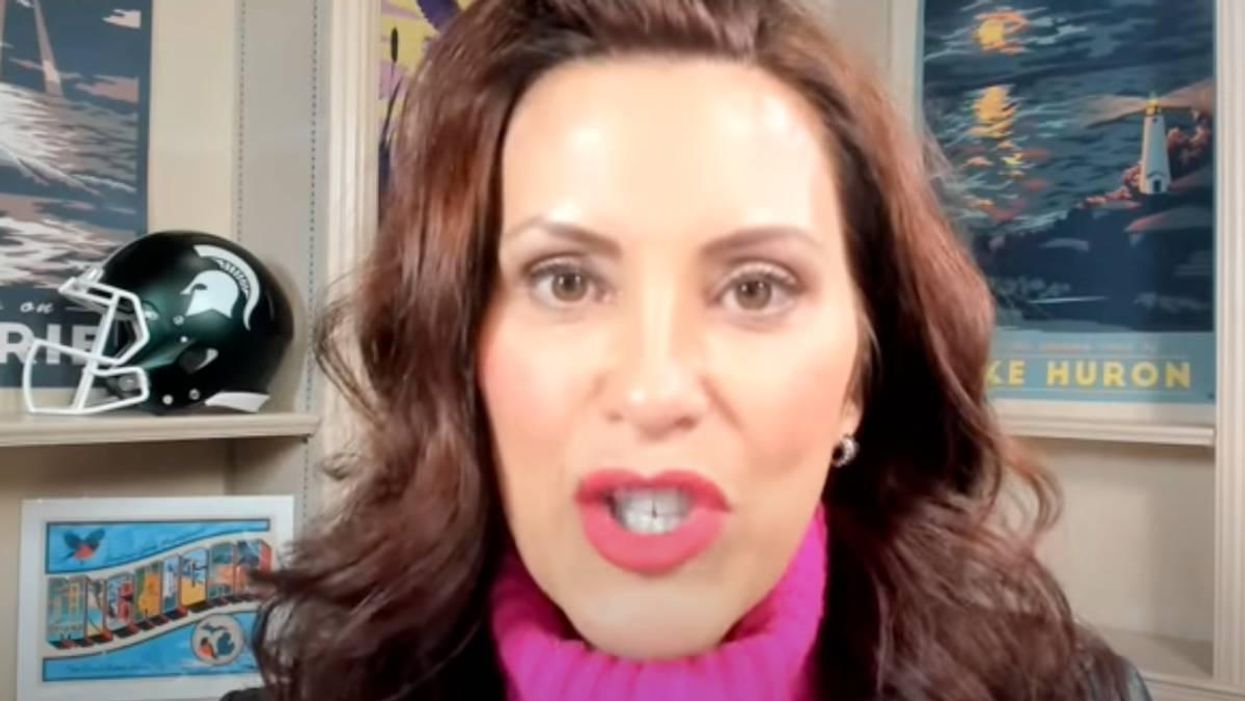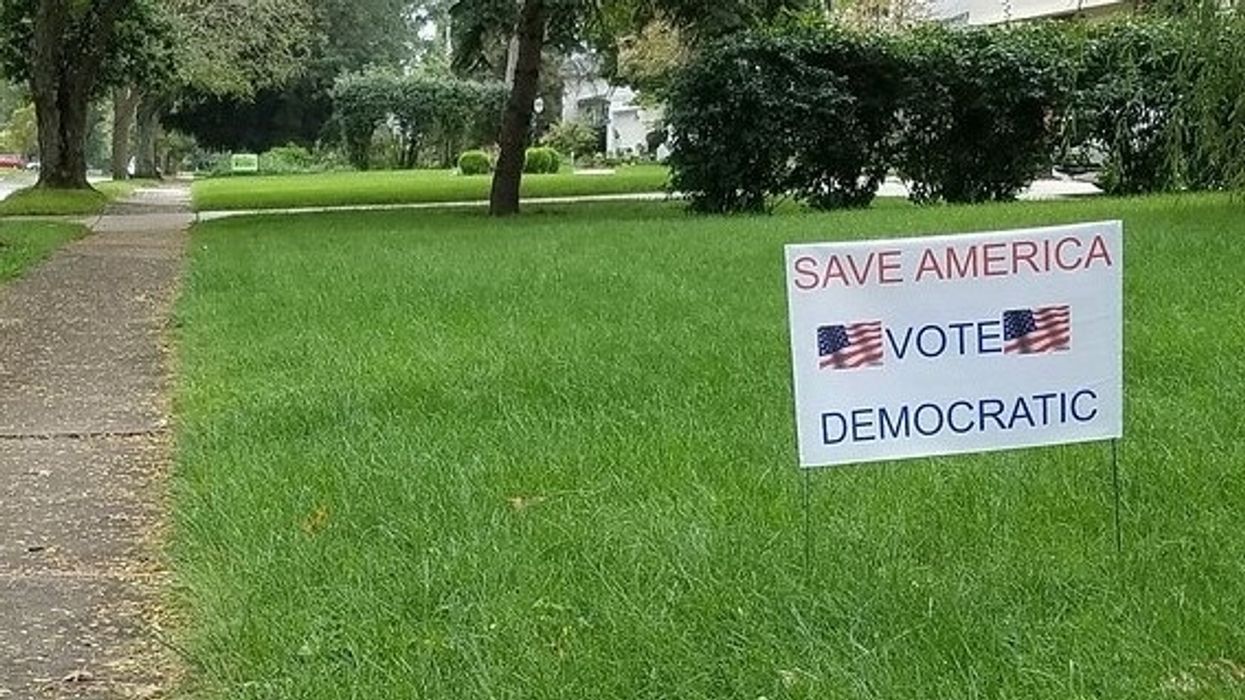Swing-State Democrats Keen For Battle Over Abortion Rights
If anyone is wondering whether Democrats in swing states view the Supreme Court draft opinion obliterating Roe v. Wade as an electoral asset, look no further than a sign-on letter from Democratic governors released Tuesday urging Congress to codify Roe into federal law.
Alongside the signatures from governors of progressive strongholds such as California, Washington, and New York were a handful of swing-state Democratic governors: Gretchen Whitmer of Michigan, Steve Sisolak of Nevada, Roy Cooper of North Carolina, Tom Wolf of Pennsylvania, and Tony Evers of Wisconsin.
Of those five Democrats, three of them are incumbents running for reelection this cycle, including Whitmer, Sisolak, and Evers.
"I'm proud to join my fellow governors and call on Congress to immediately put protections offered by Roe v. Wade into federal law," Gov. Whitmer tweeted.
Whitmer also released a video calling on the Michigan Supreme Court to "immediately" resolve whether the state constitution protects abortion rights. The governor filed a lawsuit in April seeking to overturn a 1931 state law banning abortion that could become enforceable if Roe is struck down.
"In light of recent news," Whitmer explained, Roe could be overturned "any day now."
"I want every Michigander to know, that no matter what happens in [Washington,] D.C., I'm going to fight like hell to protect access to safe, legal abortion," she said.
Michigan is a split state, with a Democratic executive branch and a GOP-led state legislature. However, the state's new legislative maps, drawn by an independent commission, give Democrats at least a fighting chance to flip the upper chamber while chipping away at GOP majorities in the lower chamber.
But it's not just a battleground like Michigan where Democrats are going all-in on abortion. One state to the south, Ohio Democratic Rep. Tim Ryan quickly took up abortion in his bid for the state's open Senate seat being vacated by retiring GOP Sen. Rob Portman.
The stakes for the race "have never been higher," Ryan said, following news of the draft opinion overturning Roe.
"Every single one of my GOP opponents supports extreme, restrictive anti-abortion laws. We cannot let them near the Senate," Ryan tweeted. "Our only choice to protect abortion is to flip this seat blue and expand our Democratic Senate majority.
Tuesday was also primary day in the Buckeye State, where Ryan prevailed on the Democratic side, while venture capitalist and Trump endorsee JD Vance emerged from a seven-person scrum on the Republican side.
But Ryan's rapid focus on abortion was particularly telling given that he had released an ad one day prior disavowing culture war issues in the race. Abortion is an issue on which he and other Democrats are eager to fight, while Senate Republicans in Washington spent Tuesday ducking for cover.
Swing-state Democrats' urgency on protecting abortion rights is a reflection of the fact that roughly 55% to 70% of Americans oppose the Supreme Court overturning Roe. But what really makes the Roe revelation explosive is the fact that only about 20% of the public (or even less) considered the landmark 1973 ruling’s downfall to be a possibility.
For decades, Democrats have found it challenging to really rally Americans around the cause of preserving abortion rights because most of them considered it settled law.
But what Mitch McConnell's extremist court has now made patently clear is the fact that nothing is settled law, nothing is sacrosanct, and nothing is off the table regardless of how old the precedent or its overwhelming public support.
No matter what happens in DC, we will fight here in Michigan to protect access to safe, legal abortion.pic.twitter.com/6hNdIadSbe— Governor Gretchen Whitmer (@Governor Gretchen Whitmer) 1651603196
Reprinted with permission from Daily Kos.












